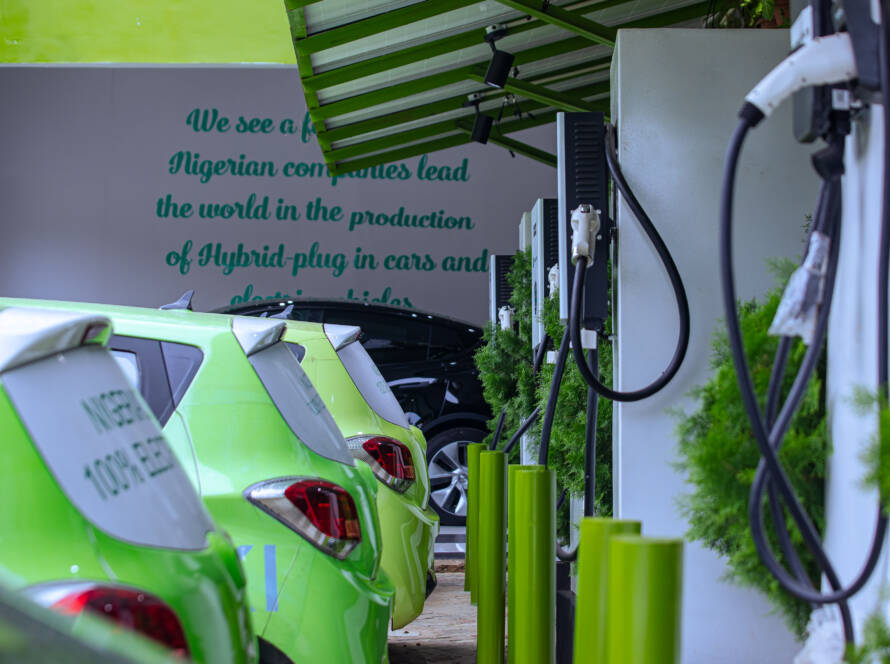The e-commerce boom in Nigeria has accelerated in recent years, driven further by the COVID-19 pandemic, which has cemented online shopping as a new norm. This surge has led to an increased demand for speedy, efficient last-mile deliveries, emphasizing the importance of convenience in satisfying customer needs. This demand has also resulted in a proliferation of delivery vehicles and motorcycles on the roads, contributing to increased carbon emissions and fuel consumption. As the need for efficient last-mile operations becomes more evident, businesses must turn towards electric vehicles (EVs) as a sustainable solution to address these challenges.
Switching to electric vehicles for last-mile deliveries offers a plethora of benefits, both environmentally and economically. EVs significantly reduce fuel consumption, cutting down on operational costs and carbon emissions. Moreover, electric vehicles are cost-efficient in the long run, with lower maintenance requirements and decreasing battery costs making them increasingly viable options for businesses.
Electric vehicles are environmentally friendly. They also offer operational efficiency and convenience. They require minimal fuel consumption, reducing logistics costs and contributing to overall cost efficiency. Additionally, electric vehicles are easy to maintain, with fewer moving parts compared to traditional vehicles, resulting in hassle-free maintenance and reduced downtime.
In Nigeria, where the transportation sector faces significant challenges such as rising fuel costs, traffic congestion, and air pollution, the adoption of EVs holds immense potential. By transitioning to electric delivery fleets, businesses can address these challenges while improving operational efficiency and reducing costs. While the initial investment may seem daunting, the long-term benefits far outweigh the costs, making EVs a worthy investment for last-mile delivery operations in Nigeria.
As the global shift towards electric mobility gains momentum, Nigeria has the opportunity to embrace this transformative technology and lead the way in sustainable last-mile delivery services. While challenges such as infrastructure development and regulatory support remain, the potential benefits of EV adoption cannot be ignored. By investing in electric vehicles and sustainable logistics practices, businesses in Nigeria can pave the way for a greener, more efficient future of last-mile delivery.
Electric vehicles represent a paradigm shift in the last-mile delivery landscape. They offer a sustainable solution to the challenges facing the transportation sector. In Nigeria, where the demand for efficient logistics operations is on the rise, EVs present an opportunity for businesses to reduce their environmental footprint while improving operational efficiency and reducing costs. By embracing electric mobility, businesses can contribute to a cleaner, greener future while driving innovation and sustainability in the Nigerian economy.
The Eco-Friendly Trend
Enterprises across the globe are recognizing the importance of adopting greener logistics practices to minimize their environmental impact. For example, Amazon has committed to electrifying its entire delivery fleet to net-zero carbon emissions by 2040. DHL Express has deployed electric delivery vehicles in cities worldwide, including Berlin, Tokyo, and London, to reduce emissions and improve urban air quality. These electric vehicles have proven to be reliable and cost-effective for last-mile delivery operations, inspiring other logistics companies to follow suit.
E-commerce giants such as Jumia, Konga, etc., have the opportunity to pioneer the adoption of electric delivery vehicles in the country. By investing in electric vans and trucks and partnering with EV manufacturers and charging infrastructure providers, these brands can set a precedent for sustainable last-mile delivery services in Nigeria.


